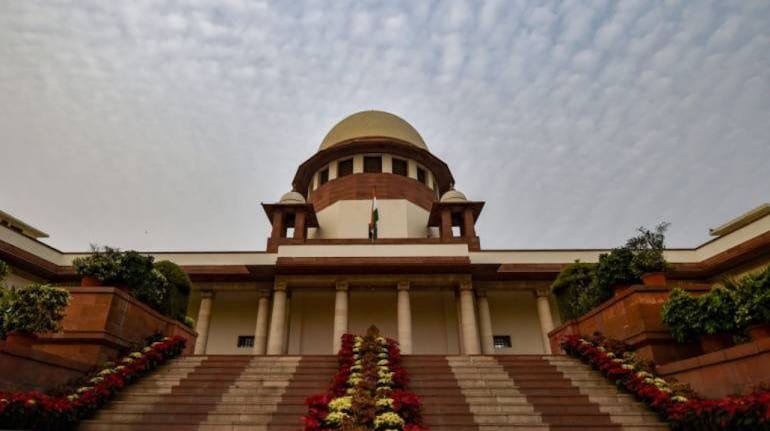



The Supreme Court on November 10 clarified that it only wanted clarity on the feasibility of odd-even plan that is proposed to be introduced and Delhi and does not intend to interfere with it.
SC's oral clarification came after Delhi's environment minister Gopal Rai on November 8 said that the government will implement the odd-even car rationing scheme after the Supreme Court reviews its effectiveness. The scheme introduced in 2016, allows cars to operate on alternate days based on their odd or even number plates.
The court also criticised the Delhi government for introducing odd-even plan to taxis when they had not asked the government to do so. Court noted that while vehicular pollution contributes to 17 percent of Delhi's air pollution woes, the odd-even scheme would reduce only 13 percent of the 17 percent, thereby making its impact negligible.
“We are only flagging the minimal impact of this, what you have to do you do. Don’t blame the court when people say pollution has increased," said the court.
The lawyers for the Delhi government told the court that the government plans to induce artificial rains on November 20 and 21 to battle the pollution. The lawyers told the court that they would require permissions from many central agencies to do so and asked for the court to pass directions. Refusing to pass any such orders, the court said "You don't need our order for cooperation between governments."
The court also dispensed with the personal presence of the chairperson of Delhi Pollution Control Committee (DPCC) after being informed that the smog tower has now been operationalised.
On November 7, the court questioned the Delhi government on whether the “odd-even” plan it proposes to implement from November 13. The government is to explain the court on how the ‘odd-even’ plan curbs pollution in Delhi.
The SC was informed by lawyers that that plan is not a scientific method to curb vehicular pollution, the government could rather use the plan of not allowing entry of vehicles with orange coloured stickers.
The colour-coded stickers are mandatory for all vehicles registered in the National Capital Region (NCR) and as such attract penalties if they aren’t in place under the Motor Vehicles Act, 1988 and the Central Motor Vehicles Rules, 1989. Colour-coded stickers, get three colours to identify a vehicle’s fuel type with blue signifying petrol or CNG and orange signifying as diesel engine. In addition to just the colour, the stickers also bear other vehicle details such as registration number, engine and chassis number, registering authority and a laser branded PIN.
The court observed that there are mobile app-based taxis from other states plying in Delhi, sometimes with just one passenger. The court said “We would like to know whether there is any way of monitoring, especially, during this period of time that only the taxis registered in Delhi are permitted to ply as an additional measure to control the pollution.”
Discover the latest Business News, Sensex, and Nifty updates. Obtain Personal Finance insights, tax queries, and expert opinions on Moneycontrol or download the Moneycontrol App to stay updated!
Find the best of Al News in one place, specially curated for you every weekend.
Stay on top of the latest tech trends and biggest startup news.